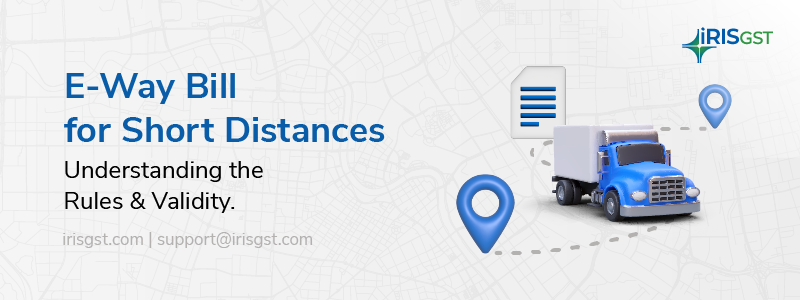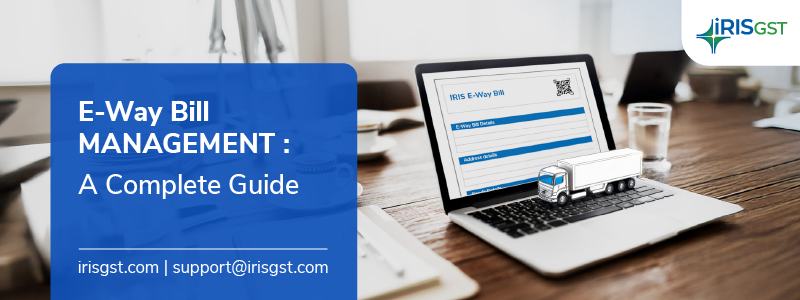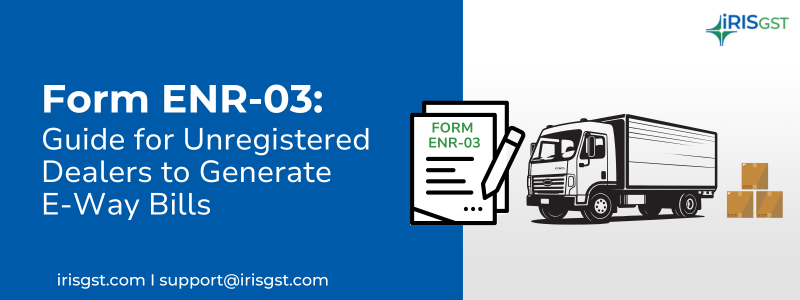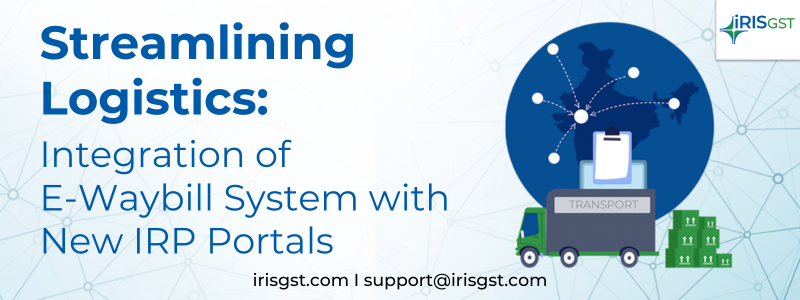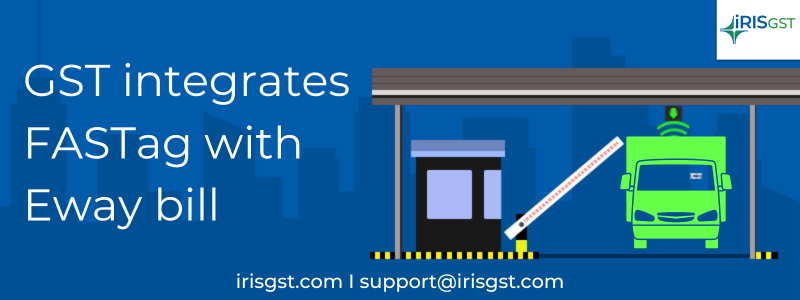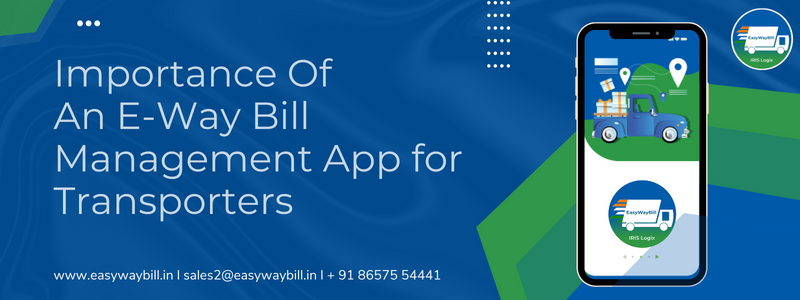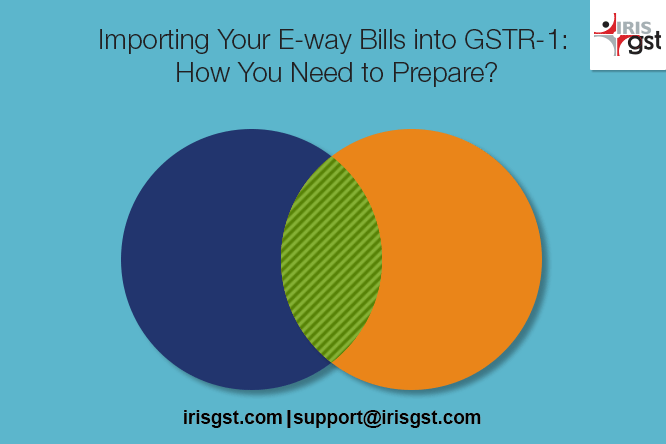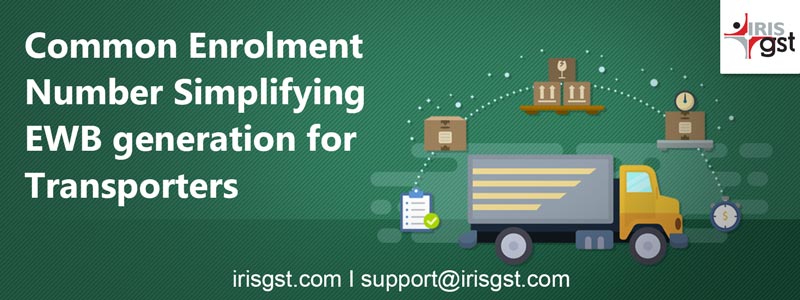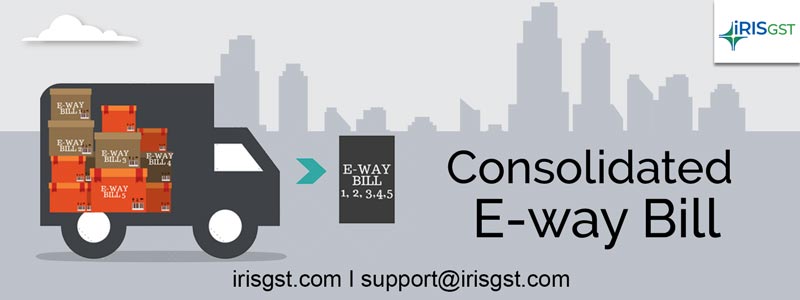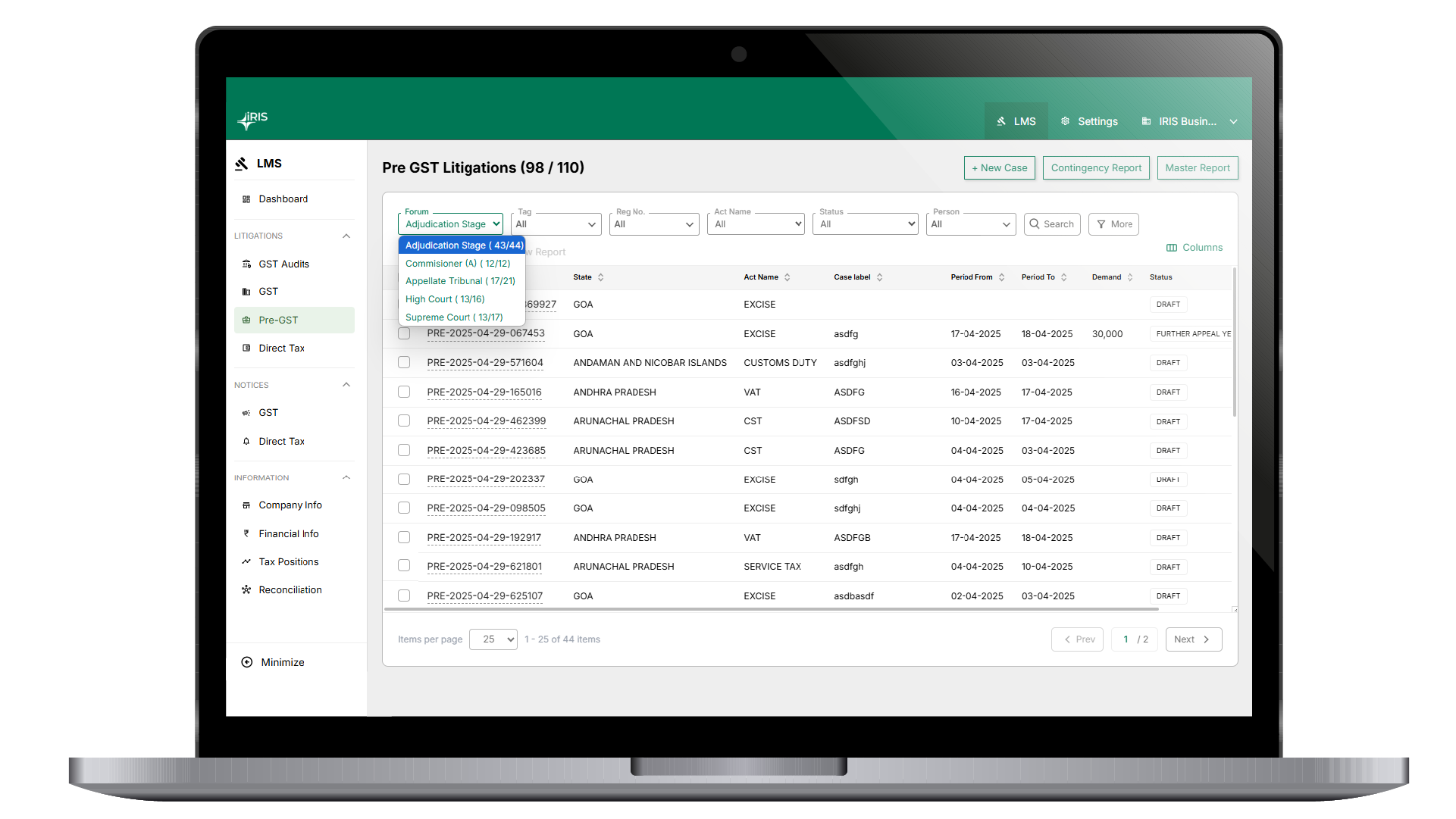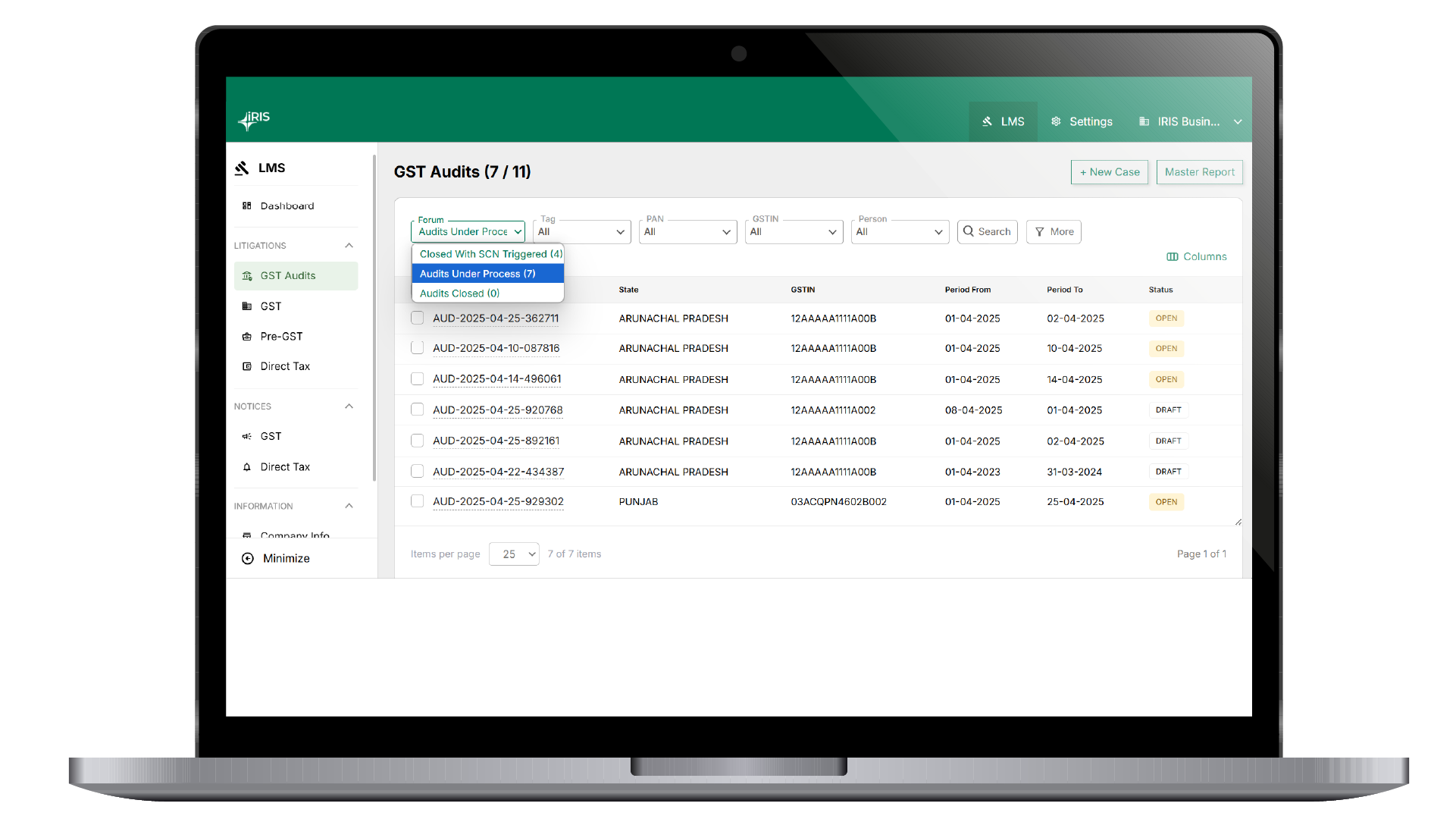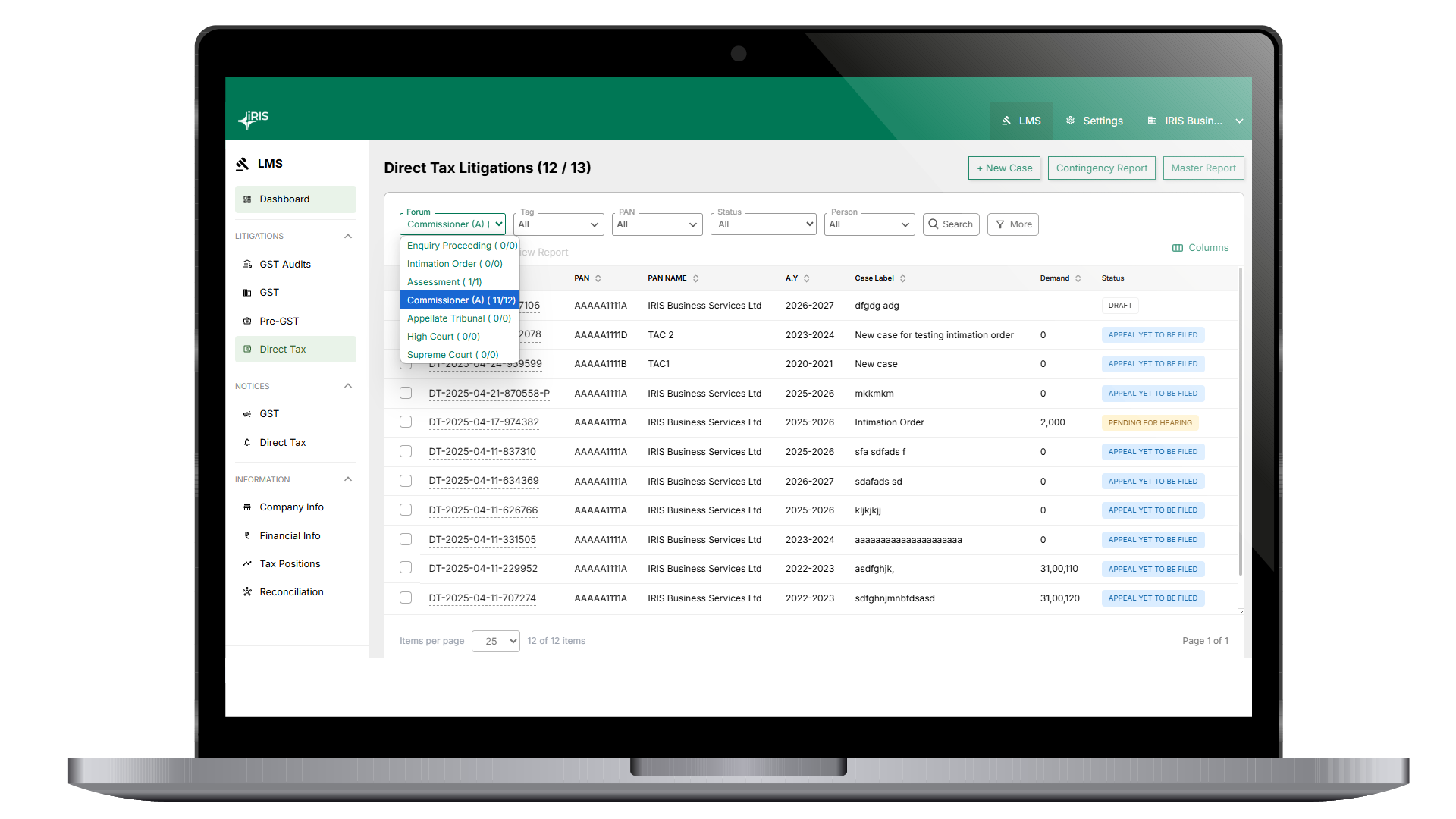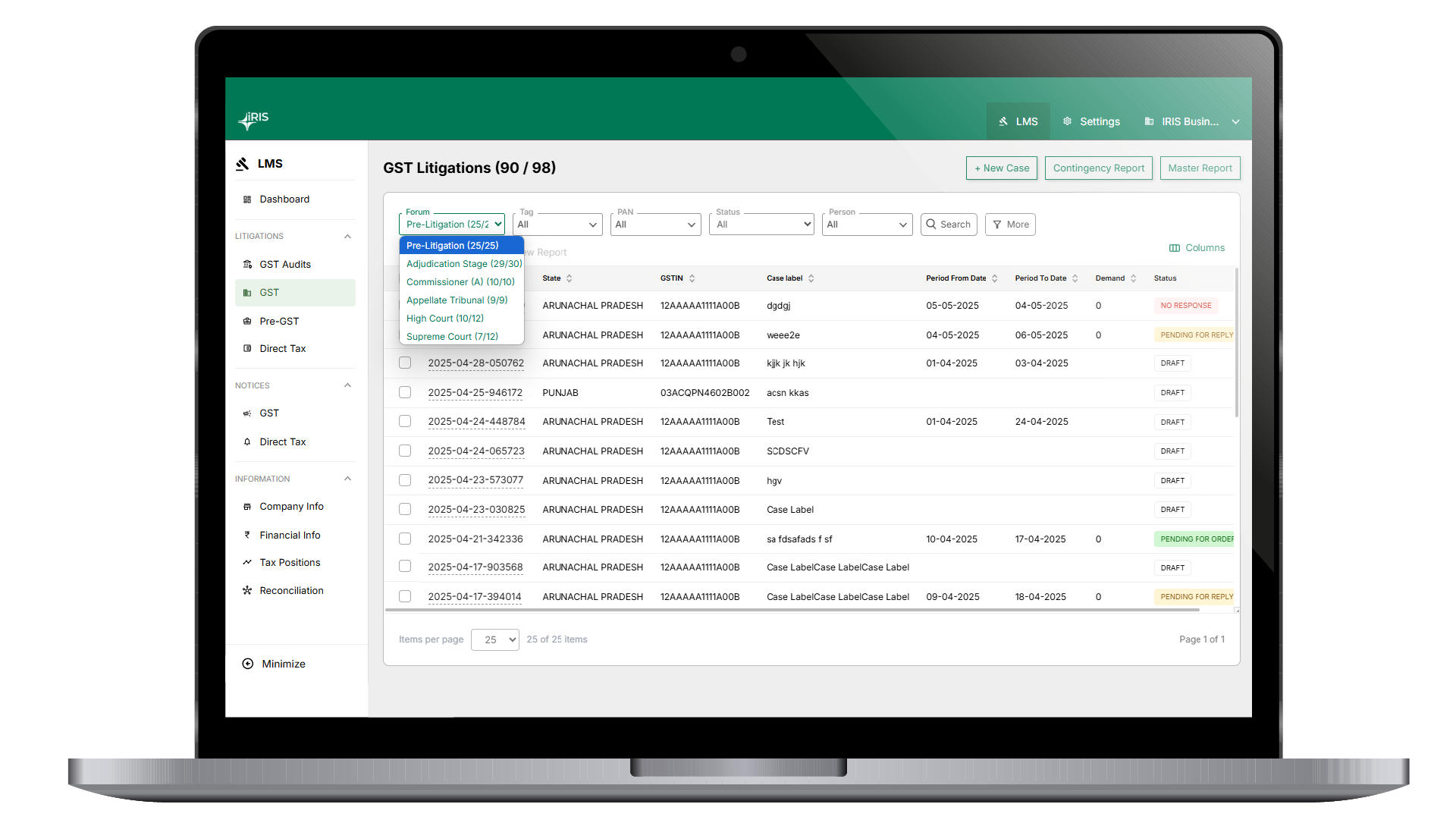E-way bill for short distances: Know when it’s required under GST and how long it stays valid for smooth compliance.
This article on E-way Bill Management serves as ‘all encompassing’ and provides everything you want to know about E-way Bill. It is a must-read as it covers everything from basics to advanced details.
With Form ENR-03, unregistered dealers can now enroll on the E-Way Bill portal and generate e-Way Bills seamlessly.
Discover how the integration of the E-Waybill system with new IRP portals revolutionizes logistics management. Learn about the benefits, challenges, and IRIS E-Way Bill Solution, ensuring efficiency and compliance in the ever-evolving taxation landscape.
The integration of GST EWay Bill with FASTag, envisaged in January 2019 with the revenue department setting up an officers committee to integrate e-way bill, FASTag and Delhi-Mumbai Industrial Corridor’s (DMIC’s) Logistics Data Bank (LDB) services, finally came into effect last week.
For a transporter, not managing an e-way bill properly can spell trouble and have serious repercussions. Let’s dive deep into the importance of an e-way bill management app for transporters.
The authorised personnel can penalise a registered person or the consigner with a fine of Rs. 10,000 or the amount of the tax being evaded, (whichever is greater) if the person was caught
Why having an E-way Bill Management System is great for your Business | Businesses that come under the supply chain management are required to learn about e-way bill under GST.
In an attempt to lower the possibilities of GST evasion, e-way bill system was rolled out on April 1, 2018, for inter-state movement of goods worth over Rs 50,000.
GSTR1 is essentially a detailed report on all of your outward supplies, EWB is a sub-set to the GSTR 1 carrying details of only those outward supplies where there is movement of goods over and above a threshold limit.
Common Enrolment number is a 15-Digit unique number available exclusively for transporters registered in multiple states under a single PAN, for the generation and updation of their EWB.
E-way Bill is to be issued irrespective of whether the movement of goods is caused by reasons of supply or otherwise.



